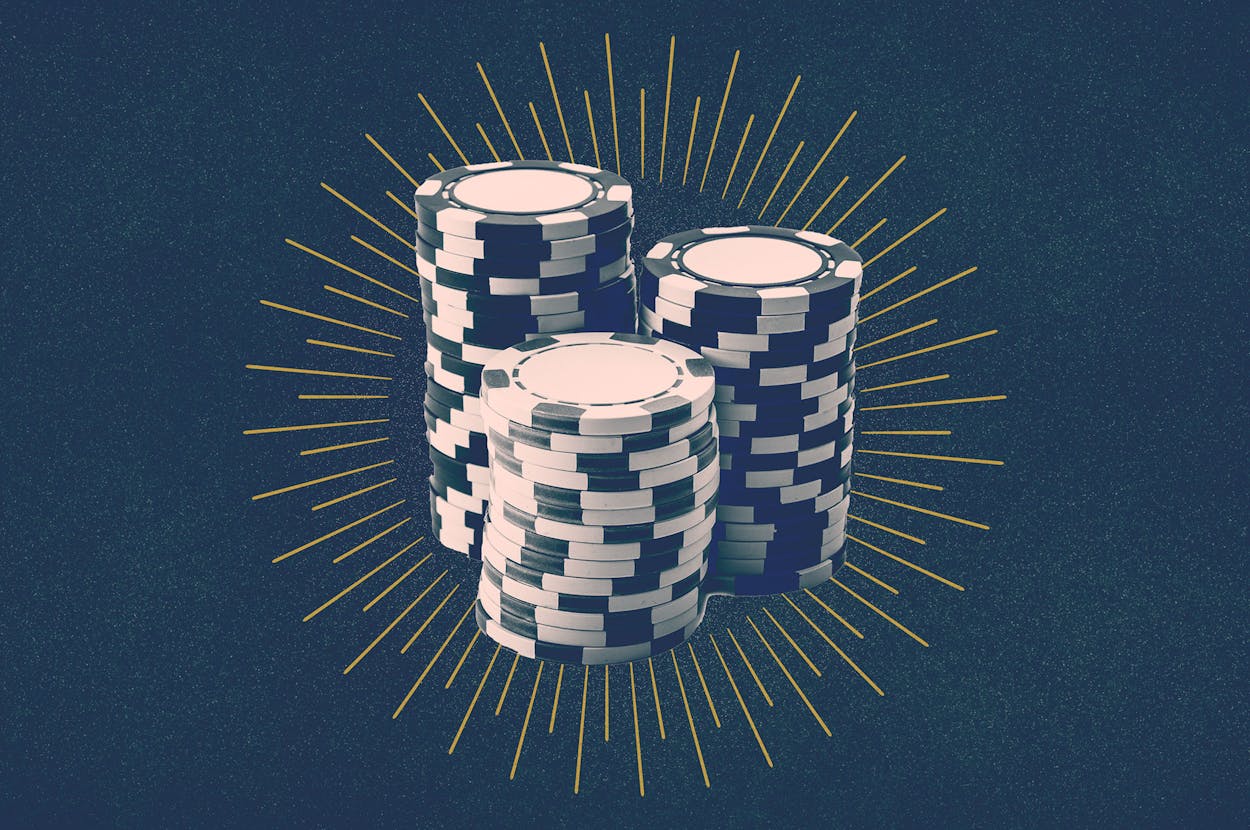The host city of Amazon HQ2—the online retail giant’s second headquarters—remains one of the biggest business stories in the world. The eventual location of the $5 billion facility, which is expected to add 50,000 jobs to the yet-undetermined city, has been the source of rampant speculation. Most of the 238 bids Amazon received are extremely generous, bordering on the embarrassing. Calgary, Alberta jokingly offered to change its name to “Calmazon” or “Amagary.” Newark, New Jersey offered $7 billion in tax incentives. San Antonio offered, uh, nothing, which was actually a pretty boss move—and neighboring cities Dallas and Frisco each threw their hat in the ring.
Every city in Texas that submitted a bid for HQ2—Frisco, Dallas, Houston, Austin, El Paso, and Milam County (in a joint bid from Rockdale and Cameron)—kept the details of the bids under wraps. But the bid from the Greater Austin Chamber of Commerce has drawn particular attention, because many observers consider the city a frontrunner, though ultimately, everyone is largely speculating in the dark.
The prognostications on the future of the project has led people to Irish betting website Paddy Power. The gambling site has been taking odds on which city will land Amazon HQ2, and this week boosted Austin to co-frontrunner status, alongside Atlanta.
Paddy Power has long been watched by observers trying to read the HQ2 tea leaves. Inc. has been treating the bookie like Nate Silver before an election, tracking the rising and falling cities with every move. Business Journal ran a story across its network this week noting the move in the odds, which took Atlanta down from 2:1 to 3:1, bringing it even with Austin.
All of this is interesting, but it’s important to note that betting websites aren’t exactly prediction markets. “We don’t know anything that you or your readers don’t,” says Paddy Power spokesperson Lee Price. “They shouldn’t think that because Austin is on top of the betting odds, we know anything they don’t. Three-to-one odds represent a 25 percent probability. There’s a 75 percent probability that it won’t come to Austin.”
Paddy Power, in other words, isn’t playing in insider trading. “We haven’t got inside information, sadly,” Price says. “Our traders are all magical mathematicians who sit in a room and crunch numbers, based on what’s on the news, and logic, rather than inside information.”
Oddsmakers do have one piece of information that people who just have a Google Alert for HQ2 set up don’t: the betting patterns themselves. The odds adjust as bets are placed. There are a couple of reasons for that. If there’s a sudden rush of action on a city with low odds—say, Dallas, at 20:1—the bookie runs the risk of losing money if they have to pay out $20 for every $1 bet on a hot ticket. Additionally, the places those bets are coming from could indicate that the people placing them might know something that the traders don’t.
“It depends on the nature of the betting patterns,” Price explains. “In soccer, if we see a lot of bets for a certain soccer club in a certain vicinity, that would carry more weight than if it’s coming from all over the country.” Because gambling isn’t legal in the U.S., Paddy Power doesn’t have data on American bettors, but those patterns can still be instructive.
For his part, Price thinks that Austin’s got a fair puncher’s chance of landing the headquarters. “It has all the main criteria in terms of infrastructure, and Jeff Bezos grew up nearby,” he says, noting Bezos’s childhood spent in Houston.
Price has been surprised by the action that the novelty bet on Amazon HQ2’s future home has received. “Compared to sports betting, it’s small,” he says. “But compared to other novelty markets, it’s surprisingly active. The news agenda has been quite constant around this.”








